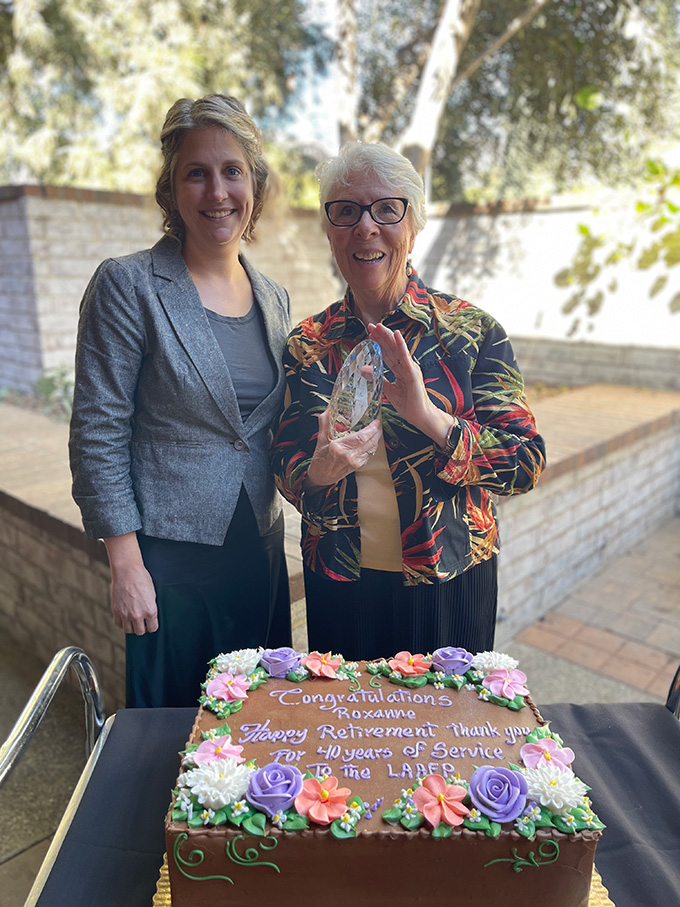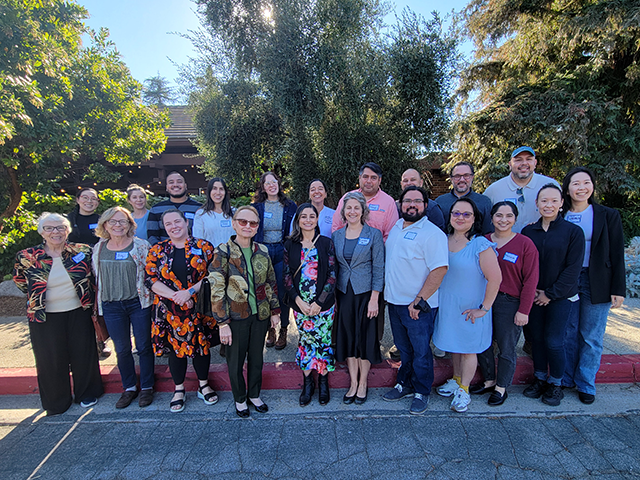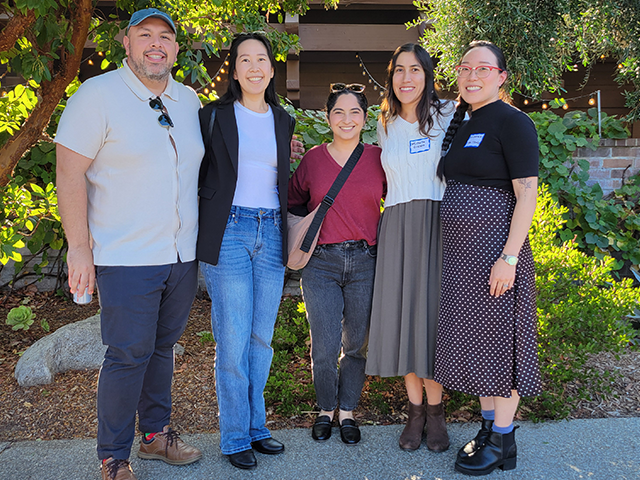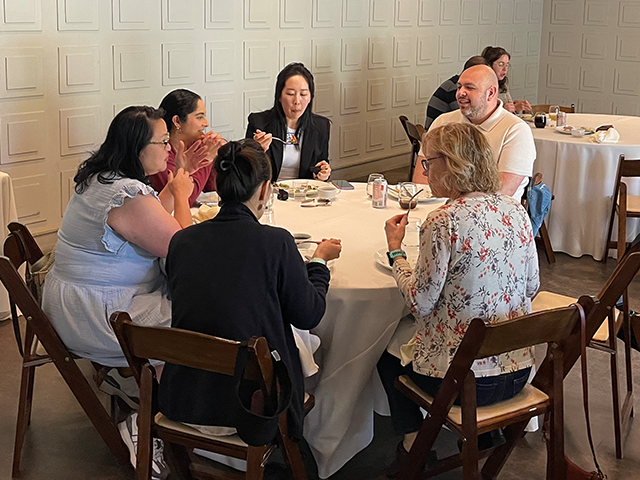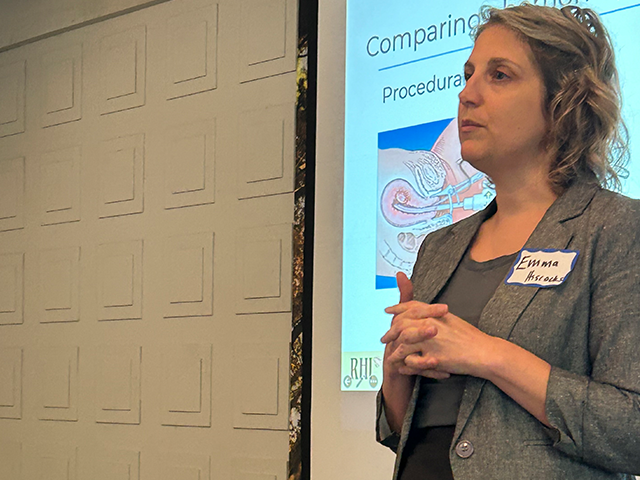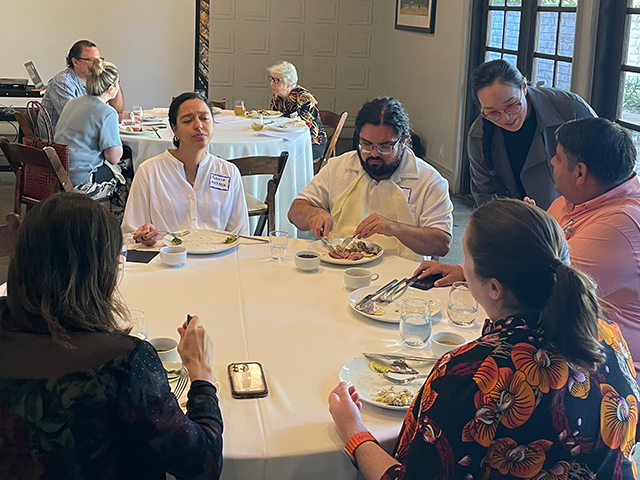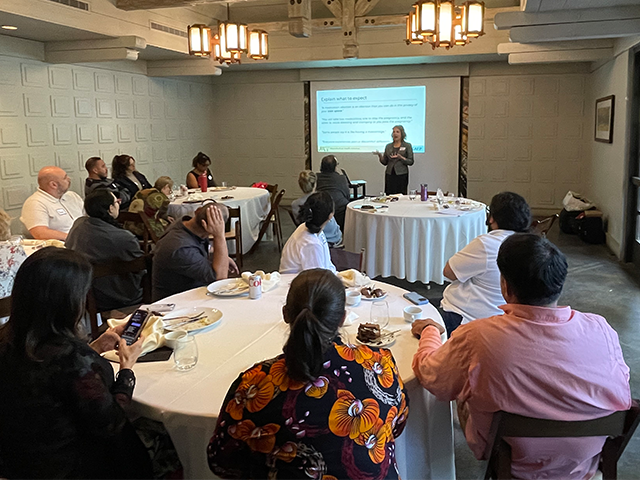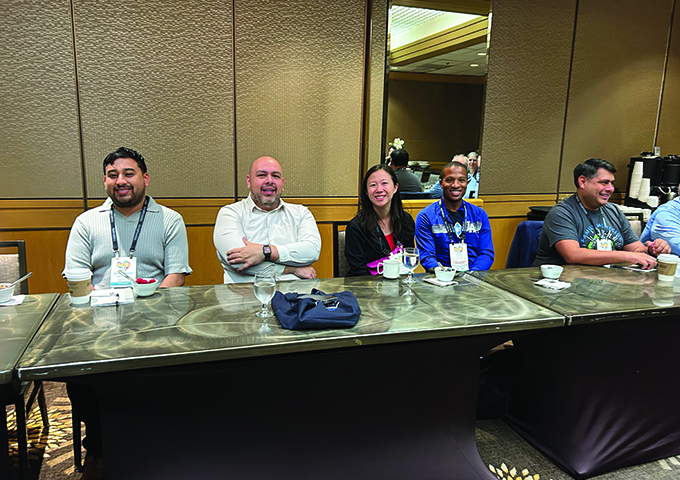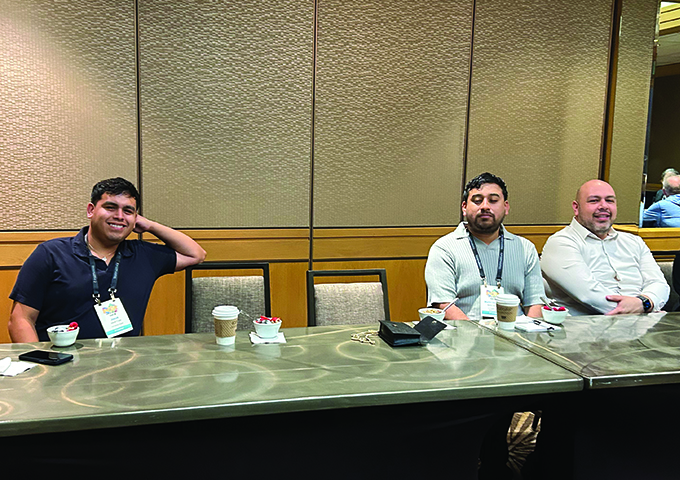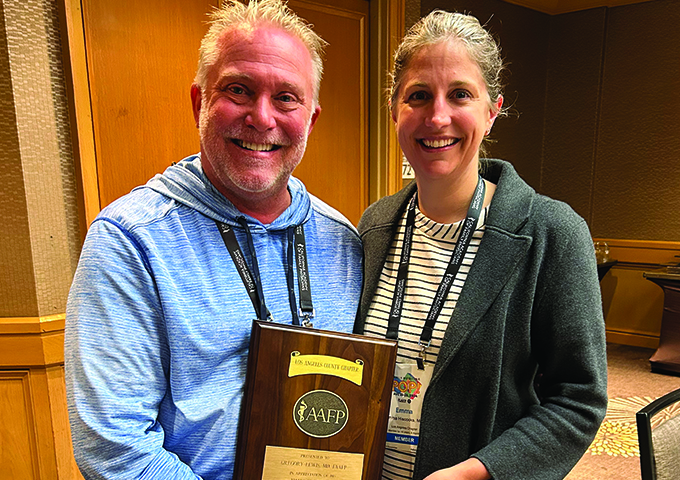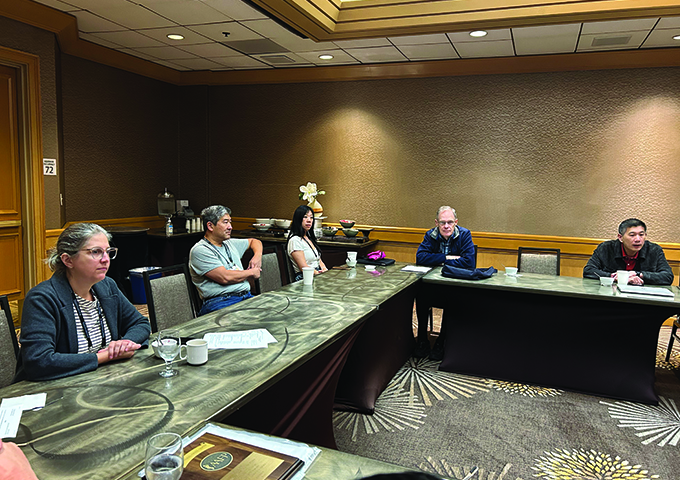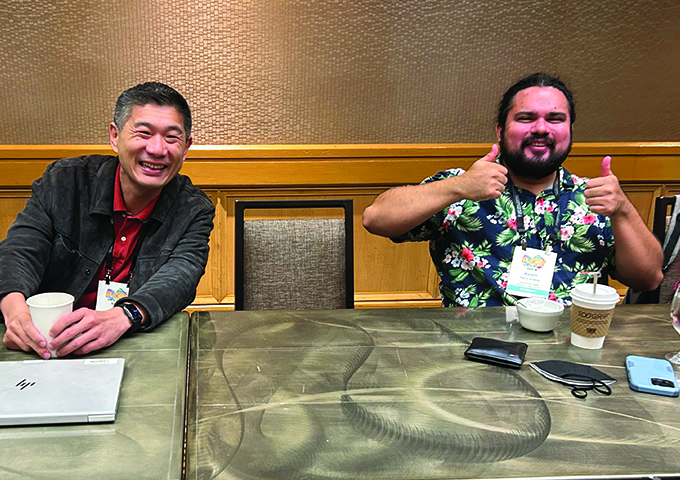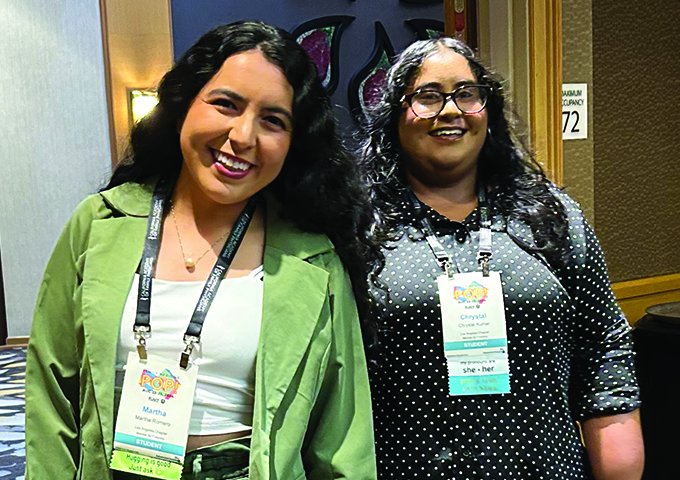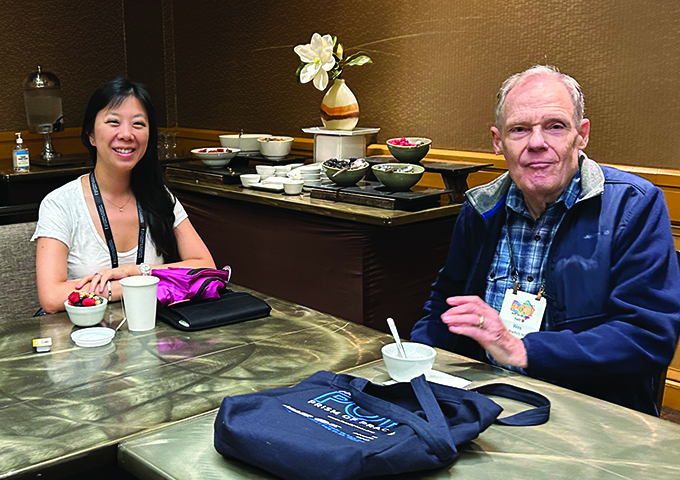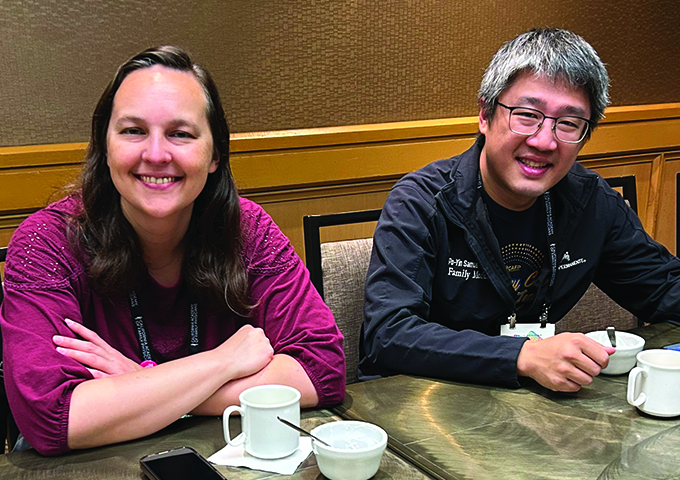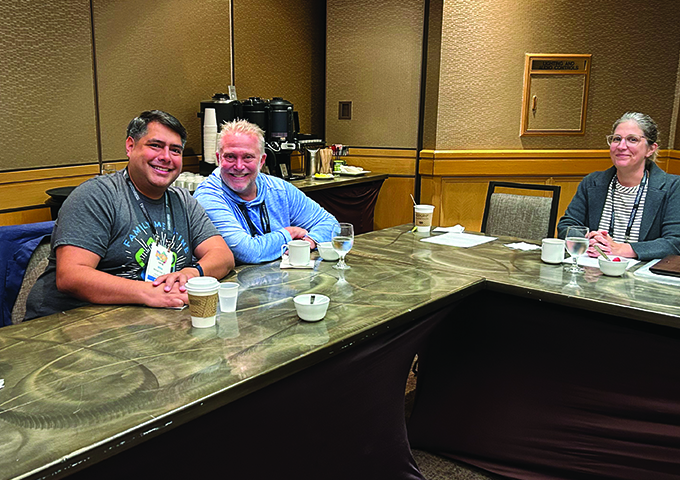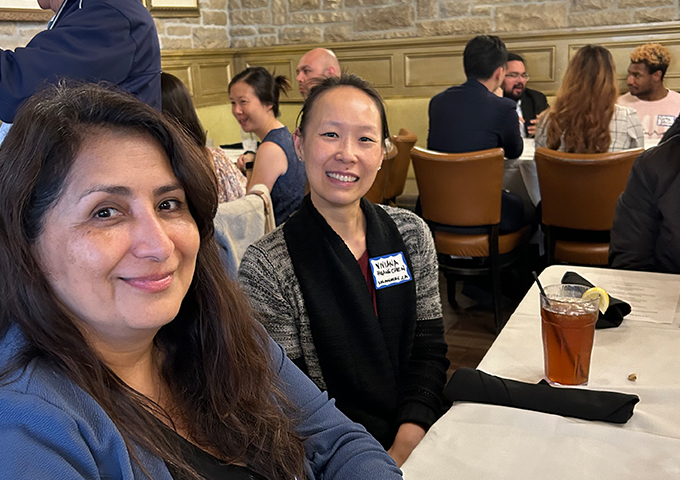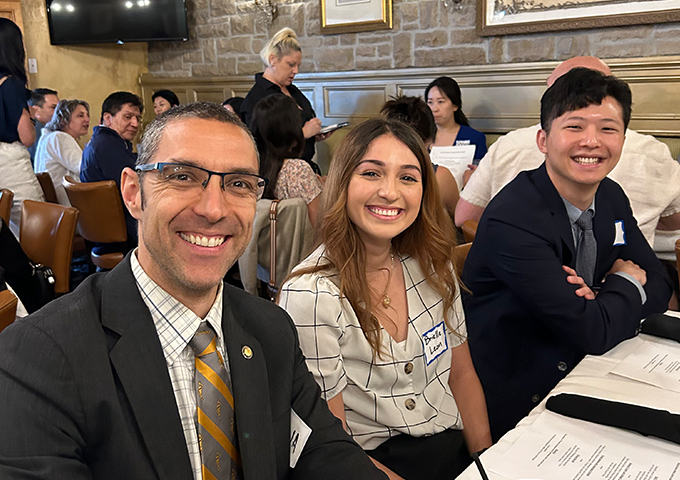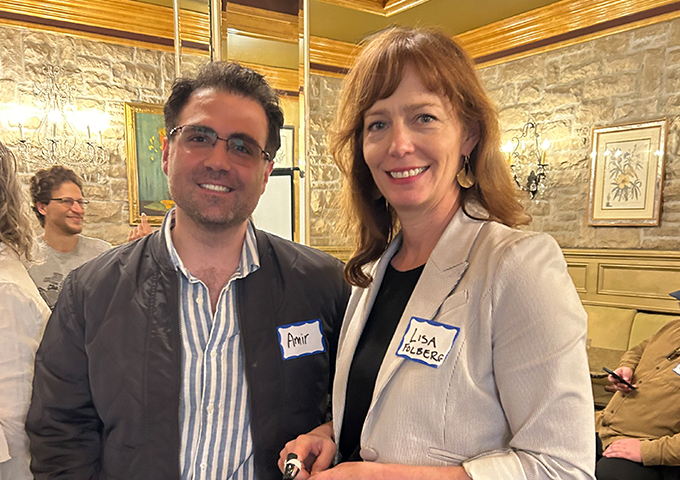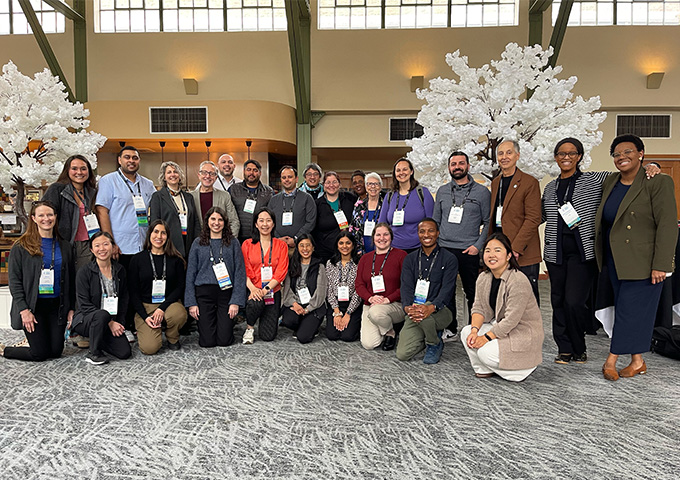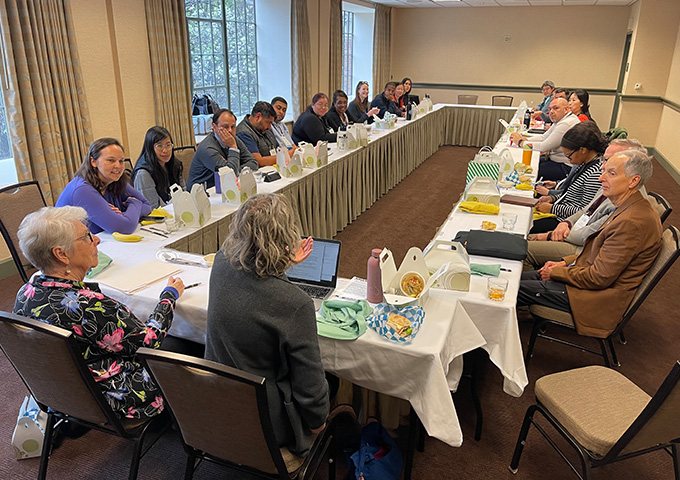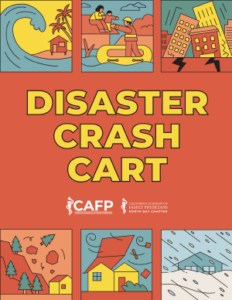Carmen-Rose Madiebo
Ross University School of Medicine
MS4
The 2022 All-Member Advocacy Meeting (AMAM) was definitely one for the books. As a first-time attendee, and an MS4 planning to match in 2023 to a family medicine residency program in California, I found the event empowering. Furthermore, seeing so many Californian family physicians share their passion for creating a better statewide healthcare system was truly inspiring.
The meeting kicked off with the president’s note and CAFP’s strategic plan, then delved into the resolutions hearing. The session’s various speakers eloquently articulated areas of family medicine that needed more attention, from investment in public health to the inclusion of medication assisted training (MAT) in the field’s residency programs.
The latter resolution especially stood out to me. According to the 2010 SAMHSA NSDUH Report, approximately 1.6 million people aged 12 and older from the Los-Angeles-Long Beach-Santa Ana district used illicit substances. As an aspiring family medicine physician, I was pleased to gain a more robust understanding of the addiction issues infiltrating our public health system. I learned that this MAT training is not only critical to the eradication of this issue, but would bolster family medicine residents’ skills and shape our paths as future physicians.
We ended the first day with a student-resident dinner in an incredibly warm, uplifting, and positive atmosphere. The attendees talked but, more importantly, laughed. This dinner gave me the chance to connect directly with likeminded residents and program directors in a professional organization that represents not only my intended field, but also my personality.
The second day’s meeting concluded with pointers from California legislators on how to craft a compelling story to present to local legislators. On Lobby Day, I put this information into action alongside a CAFP policy advocate, endorsing a $60 million budget increase to fund the Song-Brown Program. This important program is designed to support and increase family medicine residency programs in California. Together, we conversed with a representative from Senator Brian Jones’ office. Although our meeting was brief, I was able to explain how increased funding would support programs providing primary care to underserved and marginalized populations.
Overall, I am deeply grateful to the LAAFP executive board for awarding me the scholarship that enabled this opportunity to network with family medicine physicians. Attending the AMAM honed my interpersonal skills and let me vocally advocate for a new way to strengthen California’s family medicine residency programs for years to come.


